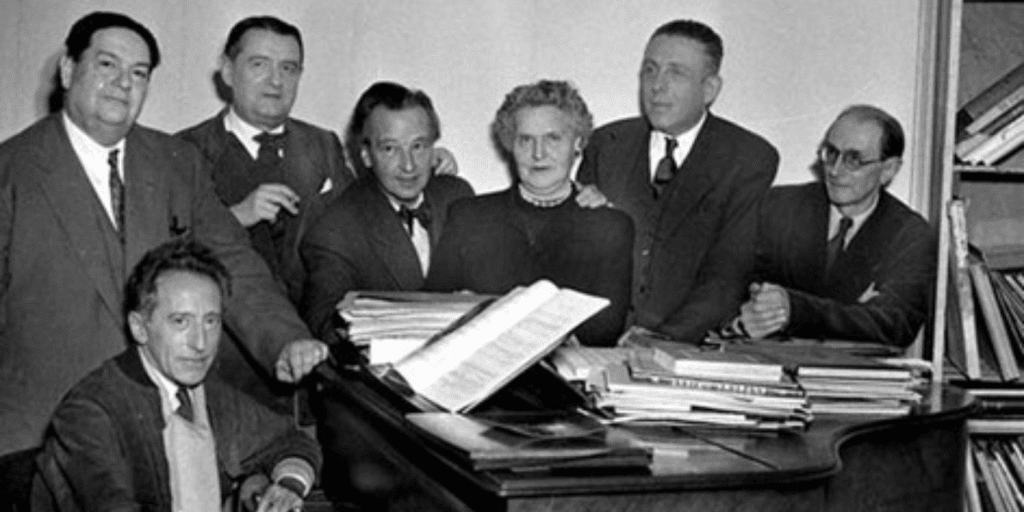
Check out Danny Milan’s video of Lazăr: Pièces minuscules pour les enfants, Op.16 where he explores the preparation, practice, and interpretation of this unique piece.
1. He was a founding member of the Society of Romanian Composers.
Also known as the Romanian Composers’ Society (Societatea Compozitorilor Romani), this organization was founded by Romanian composers George Enescu, Stan Golestan, and several of their contemporaries, including Filip Lazăr. The Society’s goals were oriented towards the publication of new works by Romanian composers and the preservation of Romanian folk material. This led to the creation of the Union of Romanian Composers and Musicologists (Uniunea Compozitorilor și Muzicologilor din România) based in Bucharest, which exists to this day.
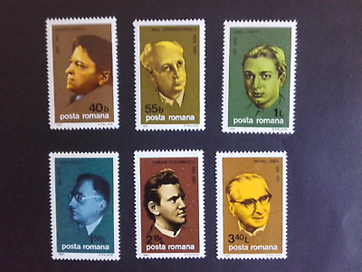
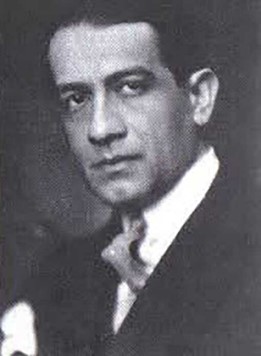
2. Lazăr is pronounced “LAH-zur” rather than “luh-ZAR”.
In the Romanian language, the letter “ă” with the upside down cap on top indicates a certain sound and inflection. To most native English speakers, the inclination may be to put the emphasis on the second syllable, especially because of the accented vowel. In Romanian, however, this particular accent on the “ă” typically indicates the opposite and has a more closed sounding vowel. For example, take the village, Bătăr in western Romania. With both capped “ă”s accented, the pronunciation sounds closer to the English word “butter.”
3. The music of Lazăr and other Romanian composers is a largely untapped body of repertoire waiting to be explored.
It may take some searching, but Lazăr’s music can be found. There is much unexplored repertoire just waiting to be further researched and recorded! Exploring the published works is a great start; the major publishers of Lazăr’s music include Durand, Salabert, Max Eschig, Heugel, Vienna Universal Edition, and Editura Muzicală Grafoart.
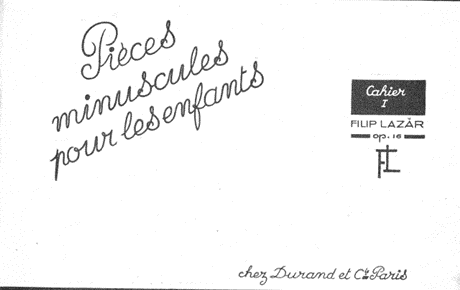
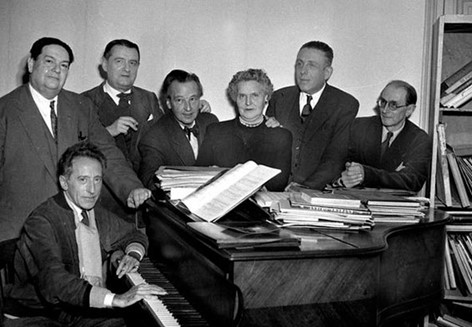
4. Lazăr was among the founders of the Triton Society of Contemporary Music in Paris.
Pierre-Octave Ferroud founded Triton, a chamber music society based in Paris that promoted new music. On its executive committee were composers such as Poulenc, Milhaud, Honegger, Martinů, and Prokofiev. It is noteworthy to mention that three of these members were also part of the important group of twentieth-century French composers called Les Six. What is lesser known is that Filip Lazăr was not only a respected contemporary of Les Six and the Triton Society, but also a founding member of the latter. This is in part due to his residency and activity in France from the late 1920s to the end of his life.
5. Outside of composition, Lazăr was a touring concert pianist who performed many contemporary works of the time.
The fact that Filip Lazăr was a concert pianist speaks to the pianism of his compositions. His prolific performances of his contemporaries’ works certainly influenced his own compositions, and particularly those composed during his time in France. Combining Romanian folk influence and later avant garde compositional styles with refined pianism, Lazăr’s works for the piano are idiomatic and imaginative.

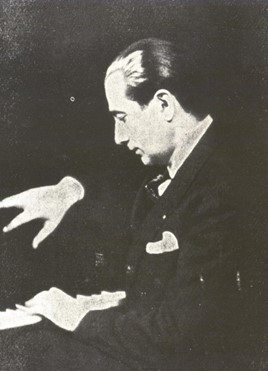
Other resources you might enjoy
- PIANO MAGAZINE ARTICLE: Béla Bartók: Two Romanian Dances, Op. 8a, and the Romanian Folk Influence by Danny Milan
- VIDEO: Lazăr: Pièces minuscules pour les enfants, Op.16 by Danny Milan
- DISCOVERY POST: Five Things You Might Not Know About Margaret Bonds by Sarah Rushing
- DISCOVERY POST: Five Things You Might Not Know About Claude Debussy by Andy Villemez
- DISCOVERY POST: Five Composers You Might Not Know Were Influenced by Indonesian Gamelan by Regina Tanujaya
- Use our search feature to discover more!
Not yet a subscriber? Join for only $7.99/mo or $36/yr
Sources
- Blom, Eric, ed. Grove’s Dictionary of Music and Musicians (5th ed.). New York, NY: St. Martin’s Press, 1954.
- Halbreich, Harry, Roger Nichols (trans). Arthur Honegger. Portland, Oregon: Amadeus Press, 1999.
- Tomescu, Vasile. Filip Lazăr. Bucharest, Romania: Editura Muzicală,1963.